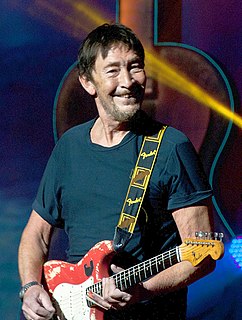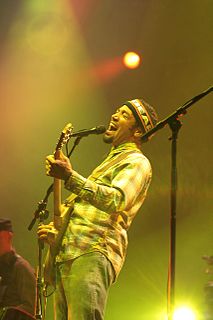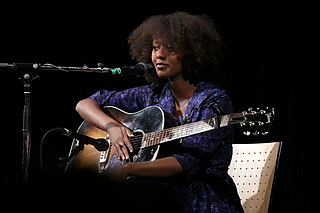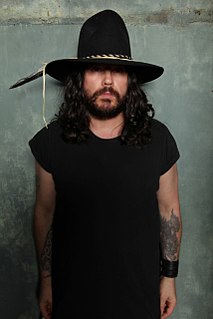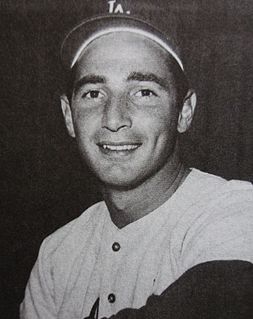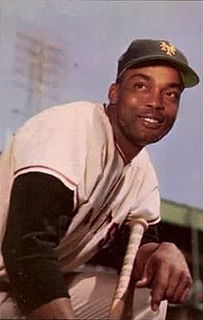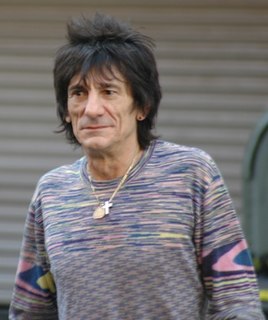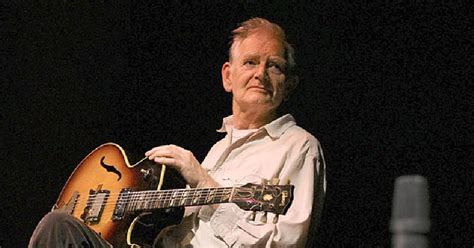A Quote by Chris Rea
My heroes were gospel blues players like Blind Willie Johnson, Charley Patton, and Sister Rosetta Tharpe, not whoever was number one.
Related Quotes
When I was a little kid wanting to play music, it was because of people like Pete Johnson, Huey Smith, Allen Toussaint, Professor Longhair, James Booker, Art Neville ... there was so many piano players I loved in New Orleans. Then there was guys from out of town that would come cut there a lot. There was so many great bebop piano players, so many great jazz piano players, so many great Latin piano players, so many great blues piano players. Some of those Afro-Cuban bands had some killer piano players. There was so many different things going on musically, and it was all of interest to me.
There's a lot of women in blues music, lots of strong women and that sort of stuff. It's not the first thing that comes to mind when you think about blues. There were a lot of powerful blues guitar players in the olden times that were women. It's just that when you think about blues, you have this one image in your mind.
